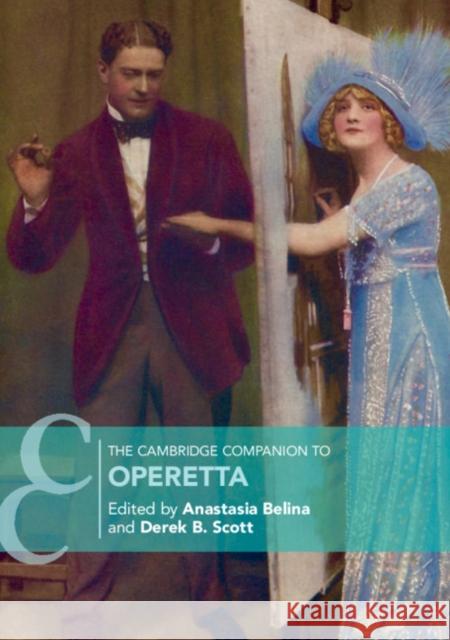The Cambridge Companion to Operetta » książka
topmenu
The Cambridge Companion to Operetta
ISBN-13: 9781316633342 / Angielski / Miękka / 2019 / 408 str.
The Cambridge Companion to Operetta
ISBN-13: 9781316633342 / Angielski / Miękka / 2019 / 408 str.
cena 135,69
(netto: 129,23 VAT: 5%)
Najniższa cena z 30 dni: 120,78
(netto: 129,23 VAT: 5%)
Najniższa cena z 30 dni: 120,78
Termin realizacji zamówienia:
ok. 16-18 dni roboczych.
ok. 16-18 dni roboczych.
Darmowa dostawa!
A collection of essays revealing how operetta spread across borders and became popular on the musical stages of the world.











